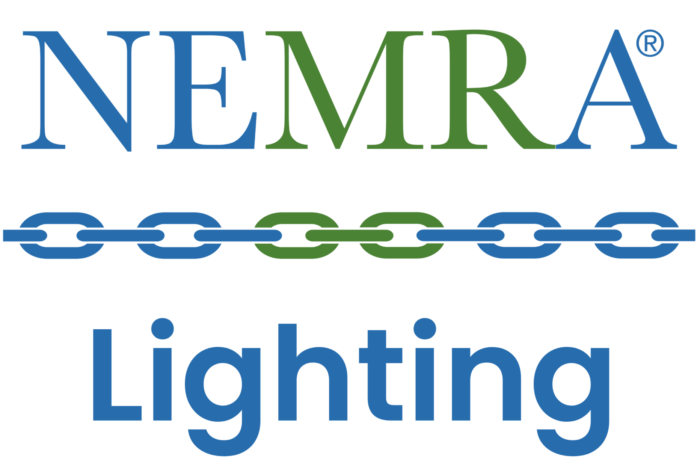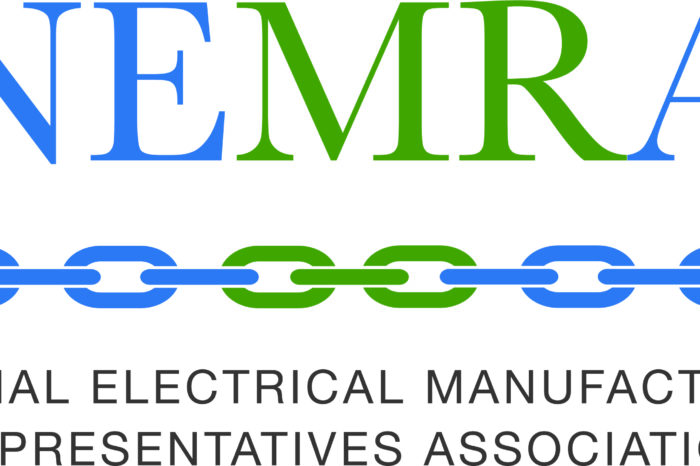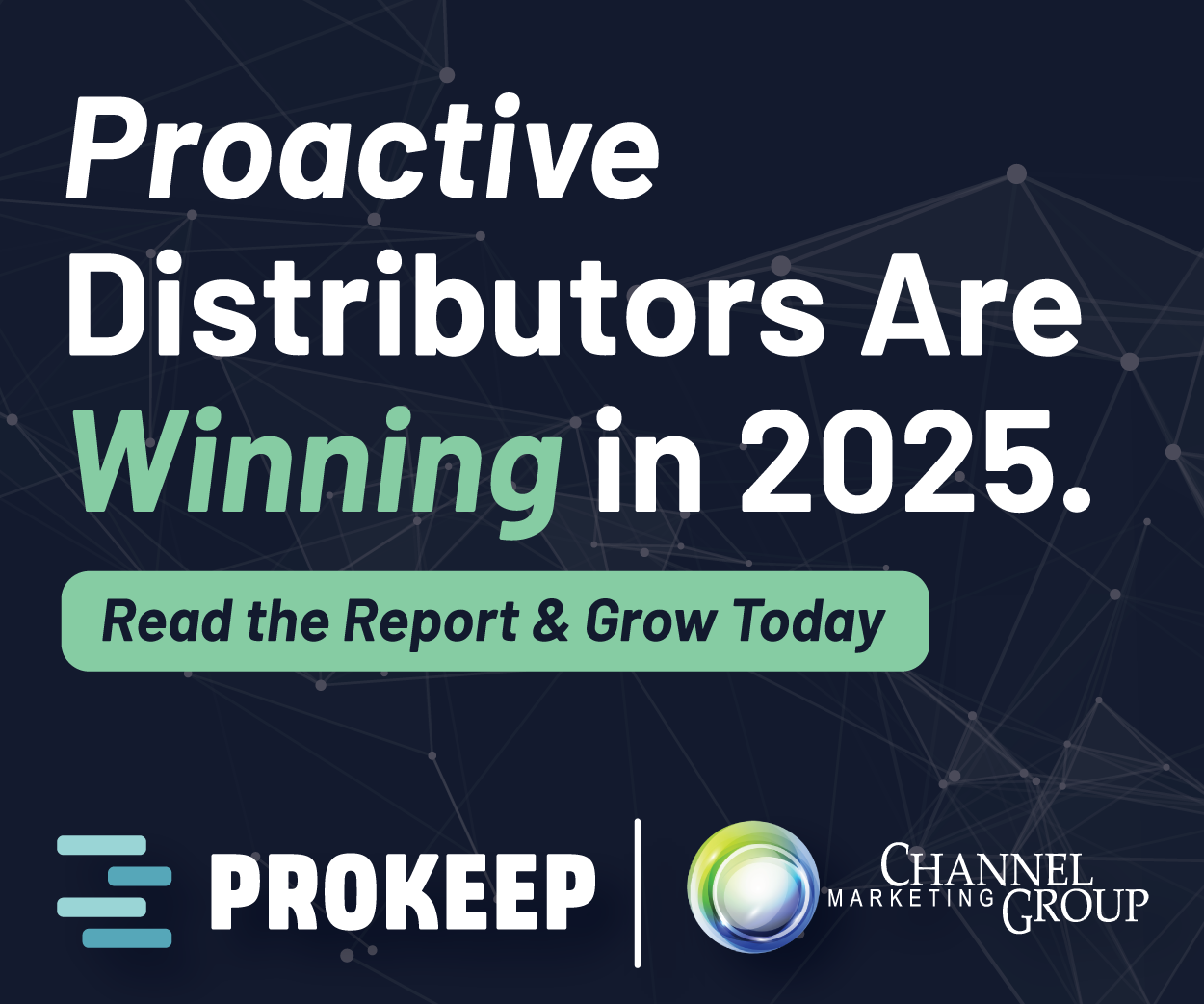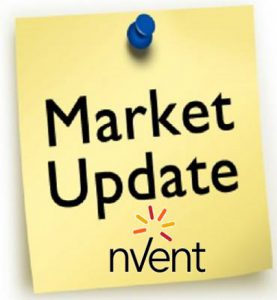Recognizing We’re Mutually Dependent
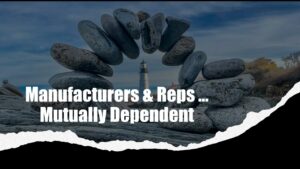 As a follow up to a recent article (Is Today’s Changes Redefining Our Roles?), I thought about the original group of representatives that founded NEMRA, and I was fortunate enough to have been there. NEMRA did not begin at LaGuardia Airport, it was finalized there. And a big takeaway from the meeting is that we’re all in this together. Whether it’s representatives as a community or a representative and a manufacturer, we recognized that we’re mutually dependent on each other.
As a follow up to a recent article (Is Today’s Changes Redefining Our Roles?), I thought about the original group of representatives that founded NEMRA, and I was fortunate enough to have been there. NEMRA did not begin at LaGuardia Airport, it was finalized there. And a big takeaway from the meeting is that we’re all in this together. Whether it’s representatives as a community or a representative and a manufacturer, we recognized that we’re mutually dependent on each other.
Many of the founders came from a manufacturing background, including Dick Noel, who originated the concept. He came from a background of being a VP of Sales for two major electrical manufacturers at that time.
After a manufacturer’s sales meeting, Dick brought in a new manufacturer looking for representatives in various geographies, and many of us signed on. After the new manufacturer left, those left in the room discussed procedures and strategies each of our companies were utilizing in our individual agencies. We saw the value in networking and information sharing, essentially sharing best practices, and decided to expand these discussions to a wider group as we realized that we were talking about issues that many of us were experiencing and suspected others did also, for their agency and with other manufacturers.
Fifty-five years later it appears again that some experienced executives from both distribution and manufacturing are again leaving their positions to join the representative leg of our industry. (In fact, if you look at recent moves that we shared, 4 of the individuals came from a manufacturer and joined a representative!)
What a change has occurred over the past 55 years. Reps were small businesses whose sole responsibility was selling products to electrical distributors.
Today’s representative is responsible for:
- selling,
- marketing
- specifications
- order-entry
- market data
- reporting
- customer service
and so much more.
In fact, many representatives now have sales in excess of the manufacturer’s they represent with computer systems and procedures that are necessary to assure their futures.
And back then we only called on distributors. Today we call on distributors, contractors, engineers, industrial end-users, municipalities, inspectors, architects, general contractors and more.
As progressive as the Founding Father’s were, including my dad, I doubt they ever could have imagined most of these changes
I decided to interview a principal of an agency today that came from a background similar to the founders after reading an article about him in Agency Sales magazine.
I worked with Michael Gallagher when he was VP of Sales for Thomas & Betts. Although it certainly was not the best of times for the company, Mike was a true professional who treated us as team members unlike others we had worked with. Coming from Square D, his reputation initially was that he preferred a direct sales force, yet he worked extremely well with his reps in my opinion.
Mike left the electrical industry to become Vice-President of Global Sales at a company in the industrial market, and then left that company to pursue his goal of owning his own business when he purchased a rep agency that is also an industrial distributor. The hybrid model of a distributor that is also a rep, or a rep that is also a distributor, has been one of the fundamental strategic decisions that Mike made when he bought the business.
 Centro Incorporated serves industrial customers in the process industry and in discrete manufacturing with a wide range of control, measurement, automation, and process products. Acting as a representative, Centro drives specifications and provides technical support on complex and expensive flow control products. As a distributor, Centro also provides a wide range of MRO products used in a variety of industries including food & beverage, pulp & paper, chemical, automotive, steel mills and power generation. Most of Centro’s rep product lines have an exclusive territory which supports the significant amount of time that must be invested in complex products and applications. Most distributor products are non-exclusive and, together with the rep product lines, the range of products gives Centro the ability to support customers across their entire manufacturing process.
Centro Incorporated serves industrial customers in the process industry and in discrete manufacturing with a wide range of control, measurement, automation, and process products. Acting as a representative, Centro drives specifications and provides technical support on complex and expensive flow control products. As a distributor, Centro also provides a wide range of MRO products used in a variety of industries including food & beverage, pulp & paper, chemical, automotive, steel mills and power generation. Most of Centro’s rep product lines have an exclusive territory which supports the significant amount of time that must be invested in complex products and applications. Most distributor products are non-exclusive and, together with the rep product lines, the range of products gives Centro the ability to support customers across their entire manufacturing process.
Mike believes that manufacturers must understand, as do representatives, the manufacturer / representative relationship is NOT 50/50, but the success of each is dependent on each other.
The rep is a functional part of the manufacturer, and right or wrong, it is the responsibility of each to give continued effort and relationship growth. Sometimes the rep puts in more effort supporting new products, handling defectives and addressing situations that incur costs that they are not compensated for, and sometimes the manufacturer makes us “look better than we might be!” And sometimes the manufacturer should be proactive, or at least more supportive, financially, as the two parties are “in it together.”
We each need to understand, and appreciate, the costs we each incur when doing business together. There are so many areas where manufacturers can help representatives by understanding the reps costs and growth requirements that would cost them little. Examples include the move toward developing quality interactive websites for data and ordering products. Many manufacturers have departments whose efforts are in this development, yet how many bring those efforts to assist their representatives? Have manufacturers tried assisting reps develop ecommerce platforms? How often do we share data, both locally and nationwide?
A critical condition in our industry, and most others, is the aging of our workforce. Manufacturers who have had a direct salesforce and migrated to the representative model share that a major reason for converting is the difficulty in hiring quality people, yet most take less responsibility in providing skills and product training and place the majority of the financial responsibility on the representative.
Manufacturers, seemingly, take less interest in the relationship with their representatives and distributors than was experienced 55 years ago! Investment in each other does not only equate to spending as much as also sharing information and training. How many times has a representative been told his market share in the territory was a given percentage without ever being told how the market share was even determined, or if it is viable to achieve the desired share goals?
Mike also shared his belief that representatives must know their costs and be able to understand what is necessary to satisfy both the manufacturer’s financial needs and those of their agencies. Accepting a lower commission for products that help sell or round out their offering may make sense only if the current customer base is the same. However, the commission must be commensurate with the needs for the product. Products that require specification or have a longer-term sales process require higher commissions, and he knew of a manufacturer in the electrical industry that lowered their reps commission because they had to make a quarterly overall figure for their shareholders. This is the opposite of what to do if you want a long, productive, and mutually-profitable relationship with representatives!
He left manufacturing to utilize many of the strategies he thought should be sustainable including relationship building and long-term growth whereas he found most manufacturers leaned toward quarterly numbers and less effort in sales development.
Reasons for manufacturers or distributor people to join the rep network over the past 55 years have not really changed that much. Manufacturers often state there are not enough quality representatives in various geographies, so the opportunities remain for those looking to use their experiences and determination to make a difference.



